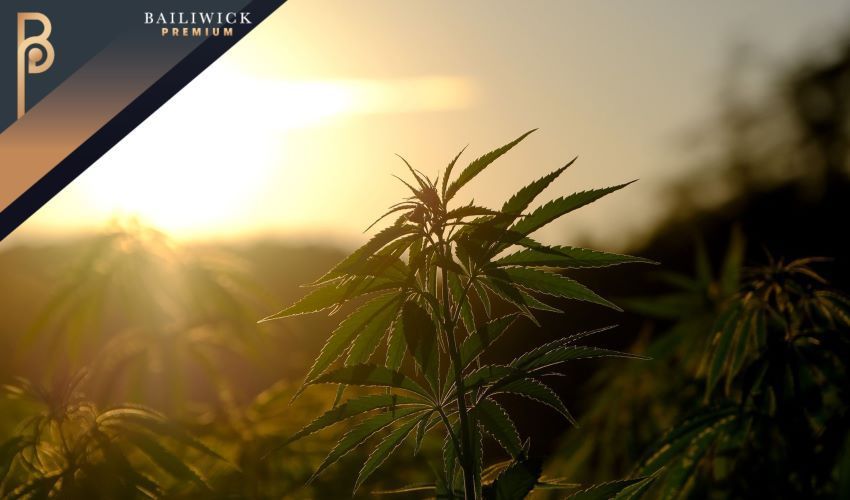


It's been two years since the Economic Development Minister shared his vision to make the island a “centre of excellence” for medicinal cannabis, with the first growing licences being issued nine months ago – but many questions about the blossoming industry still remain.
What are the planning rules for setting up a medicinal cannabis farm? Could Jersey become an “easy target” for criminals? How will this impact traditional agriculture? Will this bring about the end of the black market? And, crucially, how much money will this make for the public purse?

Continue reading this article
Log in or sign up for an AIM Plus account now to read this story.
Get more from AIM Plus
Comments
Comments on this story express the views of the commentator only, not Bailiwick Publishing. We are unable to guarantee the accuracy of any of those comments.